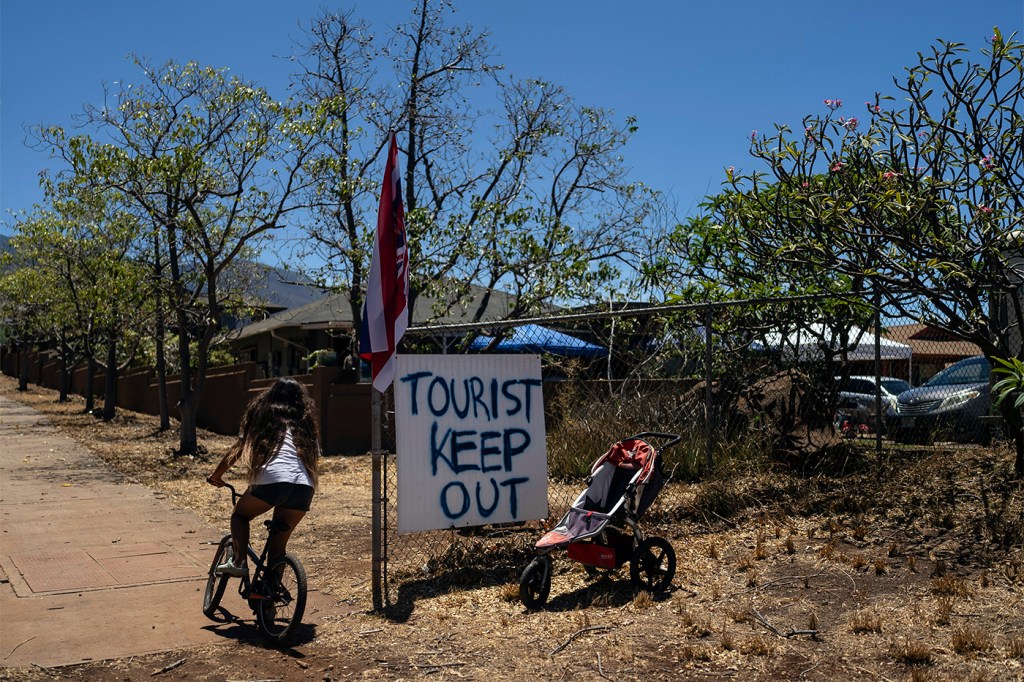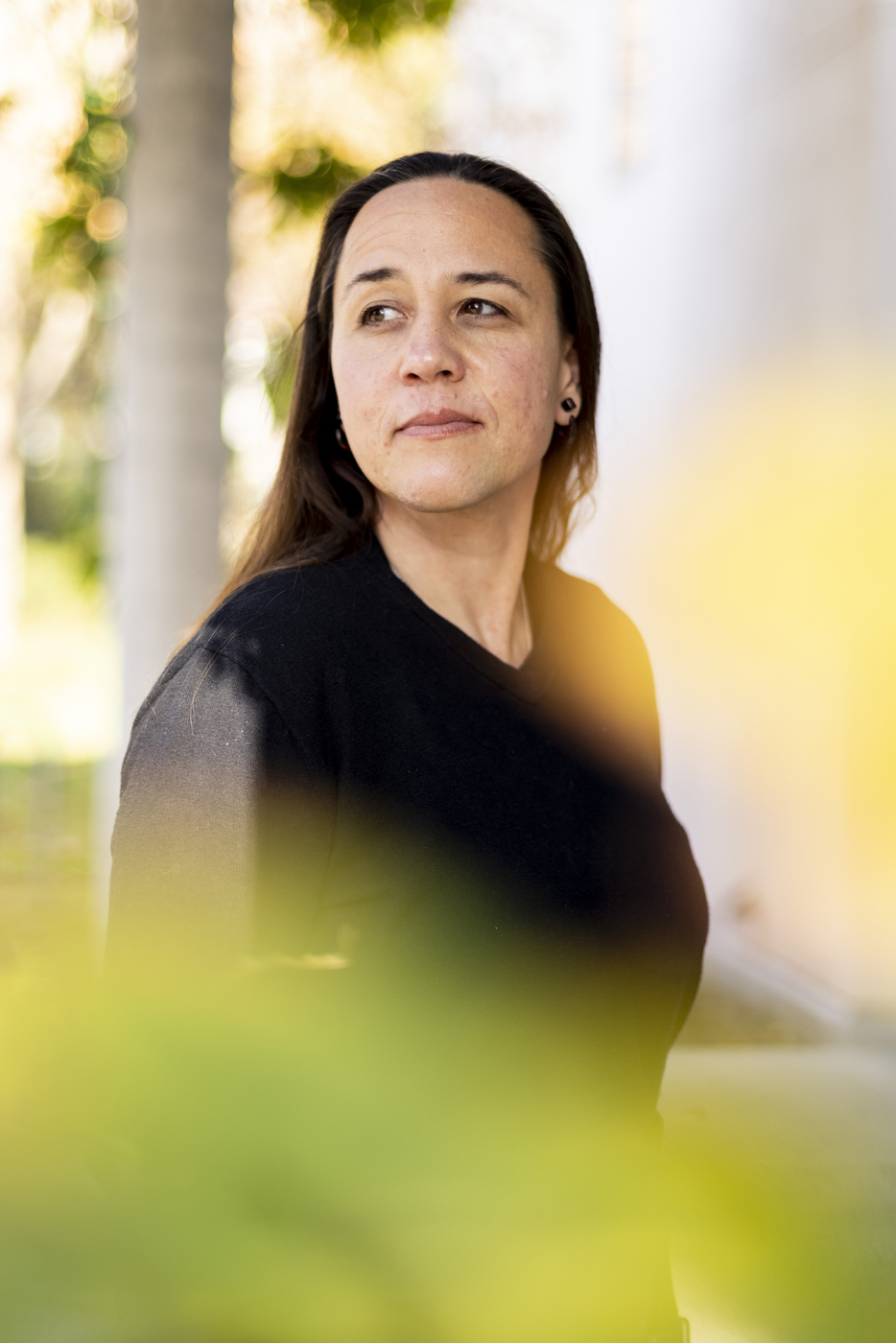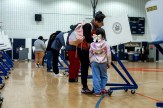Should tourists go to Maui now that it’s reopening in the aftermath of devastating wildfires?

After months of discouraging tourists from traveling to west Maui in the aftermath of wildfires that devastated the Hawaiian island in August, state officials reopened the area to visitors this month.
Officials previously put in place a state order to discourage travel to Hawaii’s second-largest island, as Maui took stock of the damage left behind by the fire. The wildfires killed 97 people and destroyed the city of Lahaina –– and there are still an estimated 22 people missing.
Amid all that destruction, the state government and state tourism officials have begun encouraging tourists to return to the island’s hotels and businesses “so people from Hawaii and around the world can resume travel to this special place and help it begin to recover economically,” Hawaii Gov. Josh Green said at a September news conference.
But even if tourists can visit Maui again, does that mean they should?
Natalee Kēhaulani Bauer, chair of race, gender and sexuality studies, program head of ethnic studies at Northeastern University’s Oakland campus and a native Hawaiian scholar, says, for a variety of reasons, “absolutely not.”

“If we open the tourism industry, we are requiring people who are currently homeless and have lost loved ones to come and entertain you and to come and make you feel good about being there and to perform aloha and to put aside their trauma to make you feel good about being there,” Kēhaulani Baur says. “If you think about it in that way, I think it would be very clear that this is not the time to visit.”
Green announced that a phased, voluntary reopening, starting with communities north of the burn area, would initiate on Oct. 8. The decision received pushback from many Maui residents and native Hawaiians, including the Maui County Council, which urged the governor to delay the reopening date.
“The reopening of West Maui for tourism … poses a significant challenge to the emotional well-being and readiness of our community members, particularly those directly affected by the wildfires,” the council’s resolution stated.
The state government is encouraging what it calls “respectful travel” to Maui, but given that history, Kēhaulani Baur questions if that’s even possible. People taking selfies in the ruins of Lahaina is a clear sign of disrespect, one made worse by Hawaii’s history as a once sovereign kingdom overthrown by the U.S. But even those who want to visit Maui in a “respectful” way and see it as a way to benefit the economy and people should think twice, Kēhaulani Baur says.
The island, like most of Hawaii, is a major tourist destination and economic driver for the state. But Kēhaulani Baur says the impact of tourism on the community itself, particularly native Hawaiians, is largely overstated and is actually propagated by the industry itself.
“If you look at the Hawaii tourism industry as a whole, a significant amount of the money comes from Maui to contribute to that industry,” Kēhaulani Baur says. “But if you look at Maui’s economy, it’s not dependent on tourism, but that is what we’re telling people and that’s what the tourism industry is telling people in order to make folks feel good about coming there.”
“There are a lot of native Hawaiians who end up being in the military or working in hotels because it’s what’s there, but there is this false narrative that it’s the only thing that’s there and it’s the only thing that could work,” Kēhaulani Baur adds. “That’s not actually true. There are so many other industries there, and there’s so much possibility for other industries.”
For those who want to help Maui recover, Kēhaulani Baur recommends donating to grass-roots organizations and nonprofits that are actively involved on the island, not visiting a hotel or going snorkeling. The government is even planning to launch a recovery and humanitarian fund for the families of wildfire victims. Visiting Maui at a time when residents are still grieving will only intensify tensions between tourists and locals, potentially threatening the very industry the government wants to save, she says.
But if a phased reopening isn’t the right way to help Maui recover, what is?
“I would love to see a more creative reopening of the economy that puts Lahaina residents at the center based on what they’re saying they need, what they imagine, what their strengths are,” Kēhaulani Baur says. “I think that would be very out of character for the United States, but I think that is the direction we need to move in.”
In the immediate aftermath of the wildfires, Kēhaulani Baur says there was some hope. People on Maui wanted to believe that the recovery process could provide an opportunity to reimagine the island’s economy as something more self-sufficient at a time when climate change is making wildfires and intense weather events an unfortunate reality for many.
Although Maui’s phased reopening confirms it’s an optimistic vision for the future, it’s one that becomes more feasible if people decide not to buy tickets for a vacation to Maui.
“We have the capacity to house people in these hotels rather than reopening, and we have the capacity to look at what needs to be done and then employ the community for that,” Kēhaulani Baur says. “We can prioritize the human beings living here who are still very much going through trauma, and it’s not going to make the economy fall apart, make the state fall apart, make the world fall apart.”
Cody Mello-Klein is a Northeastern Global News reporter. Email him at c.mello-klein@northeastern.edu. Follow him on Twitter @Proelectioneer.






